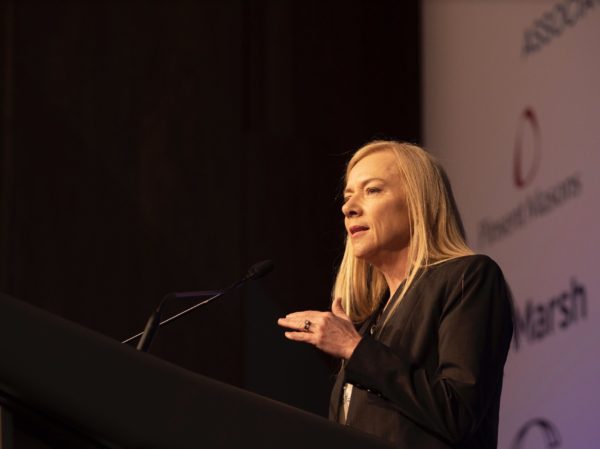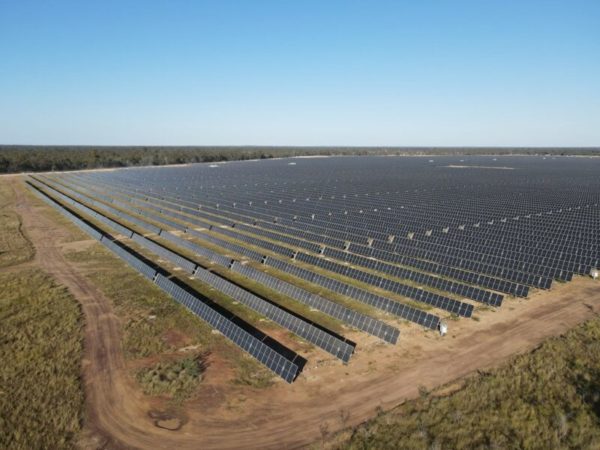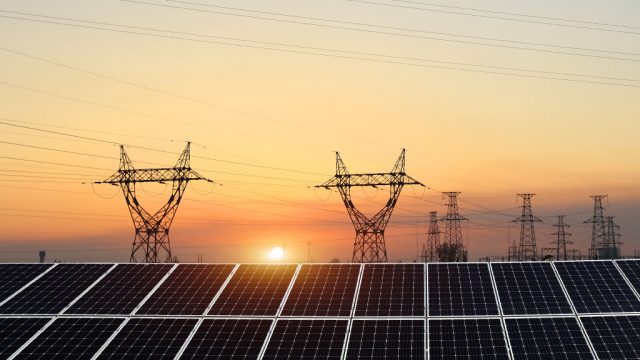The Australian Energy Market Operator (AEMO) said it has completed the testing of a connections simulation tool which will assist developers of new generation and storage projects more efficiently prepare their applications for projects and reduce the time to connect them to the National Electricity Market (NEM).
AEMO said the connection simulation tool provides a cloud-based environment for users, including developers of energy projects including large-scale solar and storage facilities, to run studies against AEMO’s model which would help to integrate and fast-track renewable energy into the energy system.
Developers of large-scale renewable energy projects in Australia are currently required to submit to AEMO for testing models outlining what impact a proposed project will have on the grid. If that modelling is delayed or denied, the developer is required to ‘tune’ their model which can be a costly and slow process.
AEMO said the connection simulation tool will allow project developers and their partners and electricity networks to rapidly test and refine their renewable energy plant and project configurations using the same detailed wide-area power system simulations being used by the market operator to assess connections applications, while preserving the confidentiality of their model data.
“In a world-first, we are enabling project developers to have open access to test their connection directly against AEMO’s power system model through a secure gateway,” AEMO chief executive officer Daniel Westerman said.
“This will allow developers to simulate their connection, interrogate the technical outputs and iron out any bugs quickly and directly. Connections have been a teething issue in recent years, but now this is an area where Australia is absolutely leading the world.”

Image: AWE
Merryn York, AEMO’s executive general manager of system design, said the innovative resource will support Australia’s energy transition, helping reduce risks, costs and time for connection approvals.
“In the next decade, Australia will experience our first cluster of coal-generation retirements, equal to approximately 14% of the NEM’s total capacity, which will challenge electricity reliability and power system security,” she said.
“Replacing coal with low-cost renewables, supported by firmed generation and the timely investment in transmission, is needed to provide reliable, secure and affordable energy for all Australians.
“The connections simulation tool will contribute by helping reduce risks, costs and time to approve the connection of new generation and storage projects, critical to replace retiring coal generation.”
The testing of the working prototype included generation developers, power system engineering consultants and energy equipment manufacturers to test the end-to-end user experience, including portal access, features and navigation, and running project modelling studies.
AEMO said the connection simulation tool is a critical foundational operating platform to achieve the market operator’s overall objective to efficiently manage a large number of grid connection applications from renewable energy developers.

Image: Neoen
In the past year, AEMO has registered 29 new generation and storage projects totalling 4 GW of capacity, an increase of 1 GW from last year and 2 GW from the 2020-21 financial year.
This included Australia’s largest battery (Victorian Big Battery, 300 MW), largest solar farm (Western Downs Green Power Hub, 400 MW) and largest wind farm (Stockyard Hill, 511 MW).
“In addition to the growth in the number of new projects and generation capacity, Australia is also breaking new ground with designing, testing and connecting new technologies, such as grid-forming batteries that provide inertia services,” York said.
The overall number of projects undergoing AEMO connection assessment across the NEM now remains high, with 149 projects with a combined total of 22.3 GW in the pipeline.
Partly funded by the Australian Renewable Energy Agency’s (ARENA) Advancing Renewables Program, the connections tool is one of AEMO’s initiatives to streamline the connection process and experience for participants.
Other projects include the Connection Reform Initiative, a partnership with the Clean Energy Council (CEC) to remove delays and deal with the increasing complexity in connecting projects to the NEM.
This content is protected by copyright and may not be reused. If you want to cooperate with us and would like to reuse some of our content, please contact: editors@pv-magazine.com.









5 comments
By submitting this form you agree to pv magazine using your data for the purposes of publishing your comment.
Your personal data will only be disclosed or otherwise transmitted to third parties for the purposes of spam filtering or if this is necessary for technical maintenance of the website. Any other transfer to third parties will not take place unless this is justified on the basis of applicable data protection regulations or if pv magazine is legally obliged to do so.
You may revoke this consent at any time with effect for the future, in which case your personal data will be deleted immediately. Otherwise, your data will be deleted if pv magazine has processed your request or the purpose of data storage is fulfilled.
Further information on data privacy can be found in our Data Protection Policy.